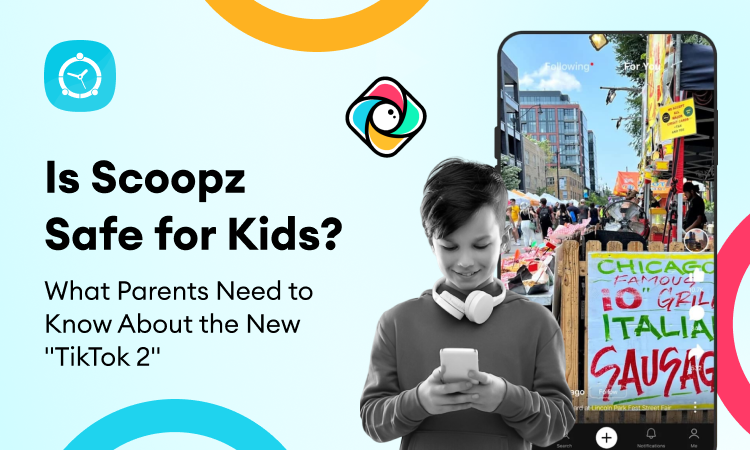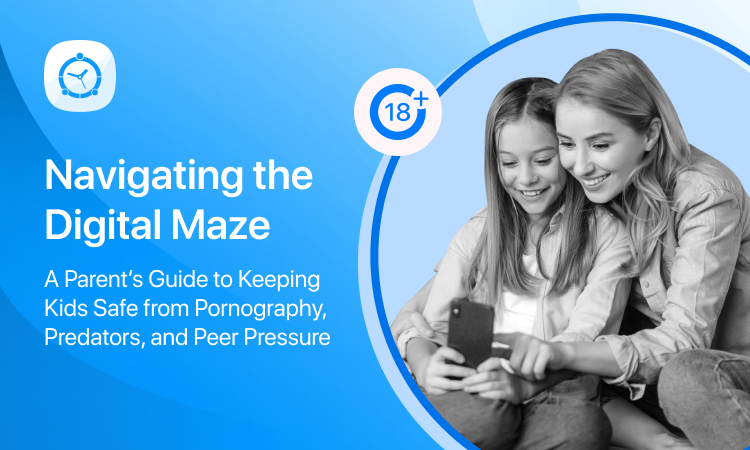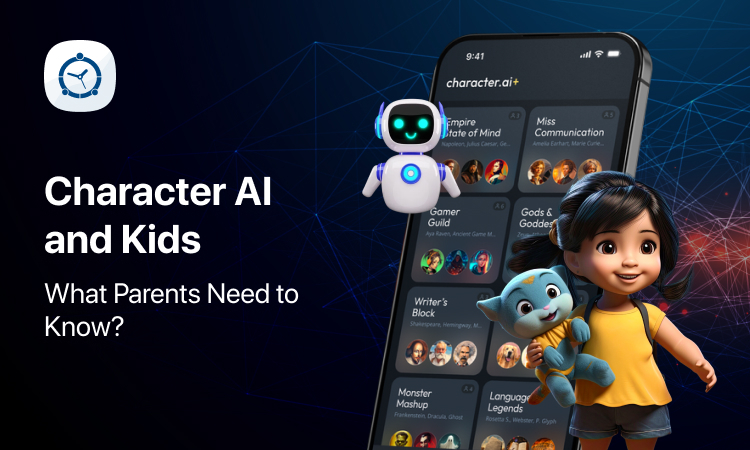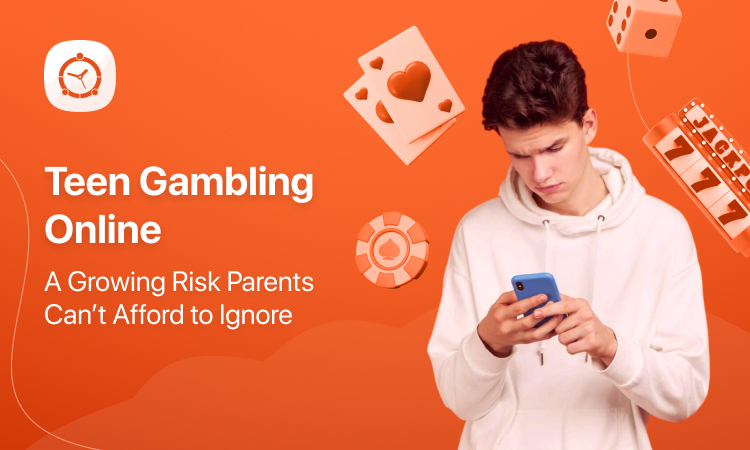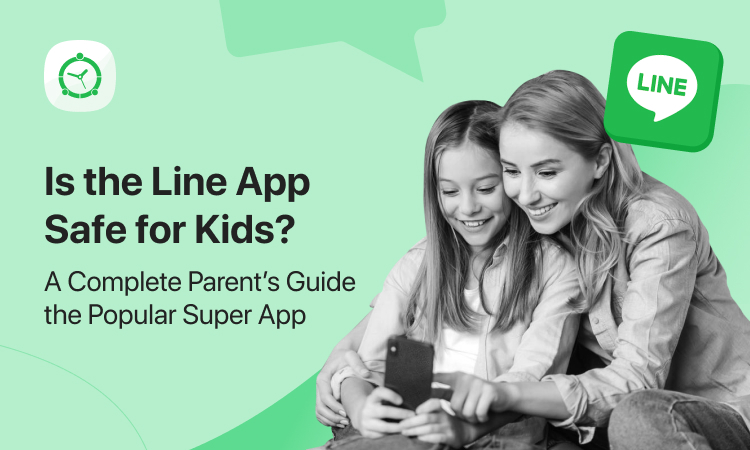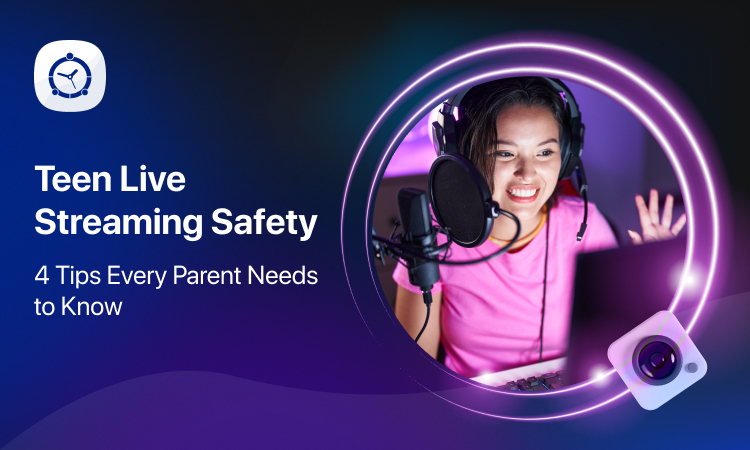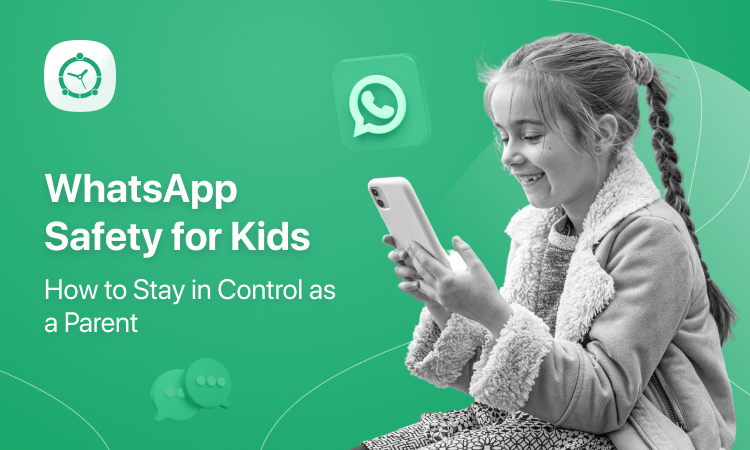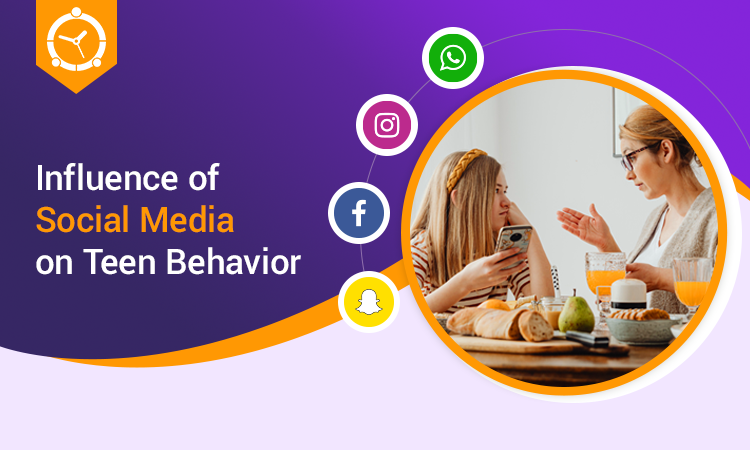
It isn’t shocking that social media has made its way into the human hierarchy of needs. From using Snapchat filters to posting Instagram stories to filming TikTok duets – teens are fully immersed in social media apps and their charms. But how does social media influence teen behavior? Is it the bane of parents’ lives or a blessing for teens? Can parental monitoring apps be of use?
Let’s dive into how it impacts teens’ mental health and see if the concerns surrounding social media are legitimate.
What is the Harm?
Though social media apps are supposed to be engaging and fun, their impact on teens’ mental health can be quite the opposite. Instead of feeling connected, they may become socially isolated, depressed, and lonely.
In addition to causing sleep deprivation and decreased attention span, excessive use of social media can also lead to tech addiction in teens. The exposure to cyberbullying, sexual predators, catfishing, racism, etc., makes matters even worse. Let’s explore how the negative influence of social media can be far-reaching on teen behavior.
1. Social Isolation
Teens get too emotionally invested in social media apps and face a higher risk of social isolation. By spending most of their time online, teens gradually isolate themselves and have lesser face-to-face social interactions. Once this habit takes root, it can morph into depression, anxiety, or something worse.
2. Anxiety & Depression
Looking at people living their “best” lives on social media can lead to depression or anxiety in teens. How? Kids are naive. They may begin to compare their lives with other people. They are often ignorant of the fact that most people carefully curate those pictures to portray luxury (even if they don’t live luxurious lives).
3. Sleep Deprivation
The endless scrolling on social media also keeps teens from getting enough sleep. The blue light emanating from screens prohibits the production of melatonin. Inadequate sleep also causes stress and agitation, thus negatively influencing teen behavior.
4. Decreasing Attention Span
When teens spend most of their time surfing the internet and engaging with their screens, their ability to pay attention to their surroundings suffers. For instance, if every time you engage them in a conversation and they pay more attention to the vibration of their devices instead of the words coming out of your mouth, take it as a warning sign. Your teens might be developing tech addiction.
It might paint a pretty bleak picture, but there is still hope. Parents can take precautionary measures and restrict the negative influence of social media from seeping into their teens’ lives.
What is the Solution?
The best solution to this problem is using parental monitoring apps like FamilyTime. From developing tech addition to preventing social media from influencing teen behavior negatively, it can help protect your kids from a range of threats (both offline and online). Let’s explore how that is possible.
1. Limit Screen Time
FamilyTime offers plenty of cool features, including Screen Time Limit. It enables parents to set screen time limits for their kids’ devices. They can customize and set a time limit for individual apps as well. Following a screen time routine allows teens to put down their devices and explore opportunities for in-person interactions.
2. Improve Sleep Quality
Poor sleep quality impacts teen behavior negatively as well. If you want them to sleep better and increase their productivity, try FamilyTime’s BedTime or Internet Schedule feature. It can help your kids put down their devices without any arguments. The best way to do it is by creating a charging corner for the family where everybody puts their devices at night before bed.
Rectify Dependence on Technology
Tech addiction influences teen behavior too, and FamilyTime can help you rectify kids’ dependence on technology. In addition to the features mentioned above, it offers services like Screen Time Schedule, App Blocker, Internet Filter, App Usage Report, etc. All these settings help parents teach their teens the importance of managing time, valuing in-person interactions, and improving productivity.
Educating teens on social media safety is another way of safeguarding their digital lives. Help your teen live a wholesome life with FamilyTime’s safety net.

